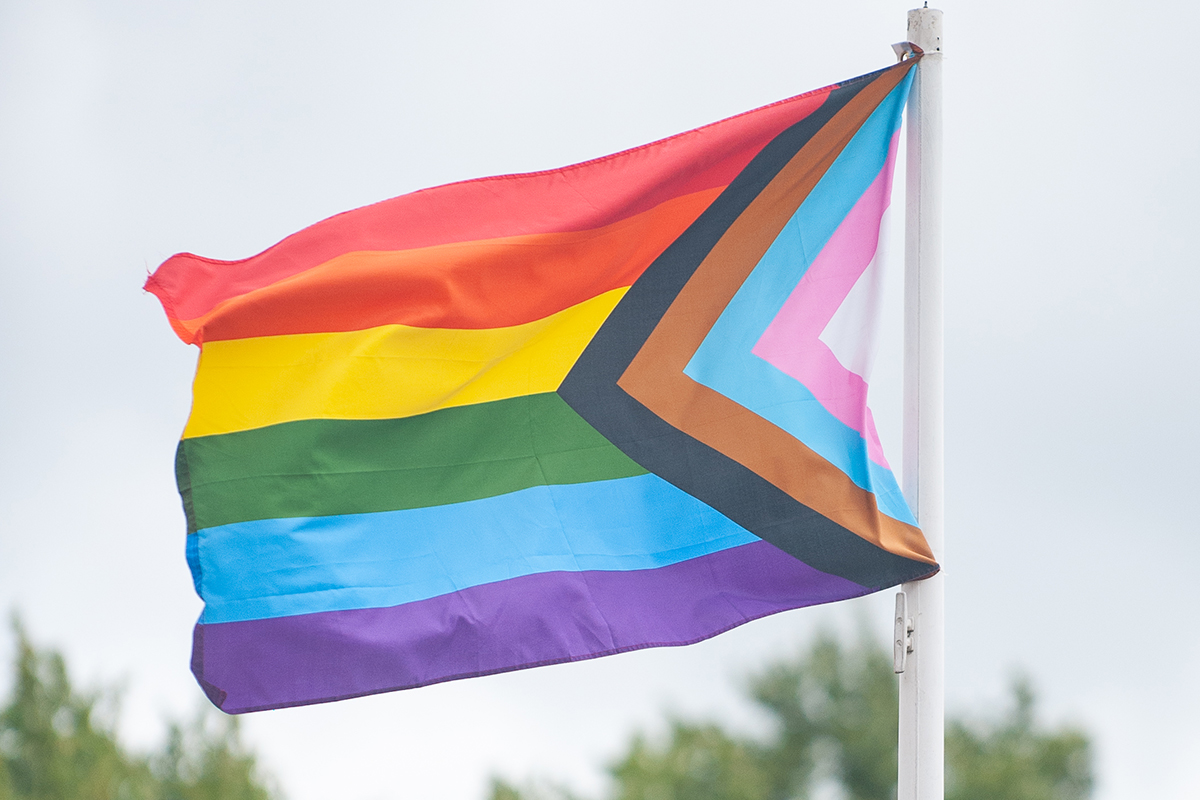As Filipino-American History Month draws to a close, state schools and educators are encouraged to raise awareness of Filipino-American history. Filipinos are the largest Asian-American group in California and the second largest in the United States.
About 1.3 percent or roughly 18,500 students in California’s public schools speak Tagalog — a principal language of the Philippines. The state is also home to the only public school named for a Filipino-American in the U.S., Union City’s Itliong-Vera Cruz Middle School. Meanwhile in Southern California, a nonprofit Filipino language school has opened to help San Diego County’s 150,000 Filipino-Americans better understand their roots. Among California students, Filipino-Americans are also one of highest achieving ethnic groups on state tests for English language arts and mathematics.
The Filipino-American National Historical Society is recognizing the 70th anniversary of the U.S.–Philippines Military Bases Agreement in honor of Filipino-American History Month. The 1947 agreement allowed the United States access to Philippine military bases following the nation’s independence and allowed for the recruitment of Filipino citizens into the U.S. Armed Forces. The agreement remained in place until 1991 when the Philippine government closed the bases. Between 1947 and 1992, more than 35,000 Filipinos had served or were serving in the military. However, until 1971, Filipinos were could not rise above the rank of stewards — providing the cooking and cleaning for the ship and its inhabitants. These servicemen and their partners became American citizens and settled throughout the U.S.
From making a yo-yo — derived from the Ilocano language of the northern Philippines and introduced to the U.S. by a Filipino immigrant — to discussions about the importance of Filipino contributions to the military and labor activists Larry Itliong and Philip Vera Cruz — who cofounded the United Farm Workers with Cesar Chavez — there are many ways to engage students with Filipino culture and heritage. Below are links to more information on Filipino-Americans.
Resources
Filipino-American National Historical Society
Filipino-American History Month: Ways to Celebrate
Grapes Of Wrath: The Forgotten Filipinos Who Led A Farmworker Revolution





